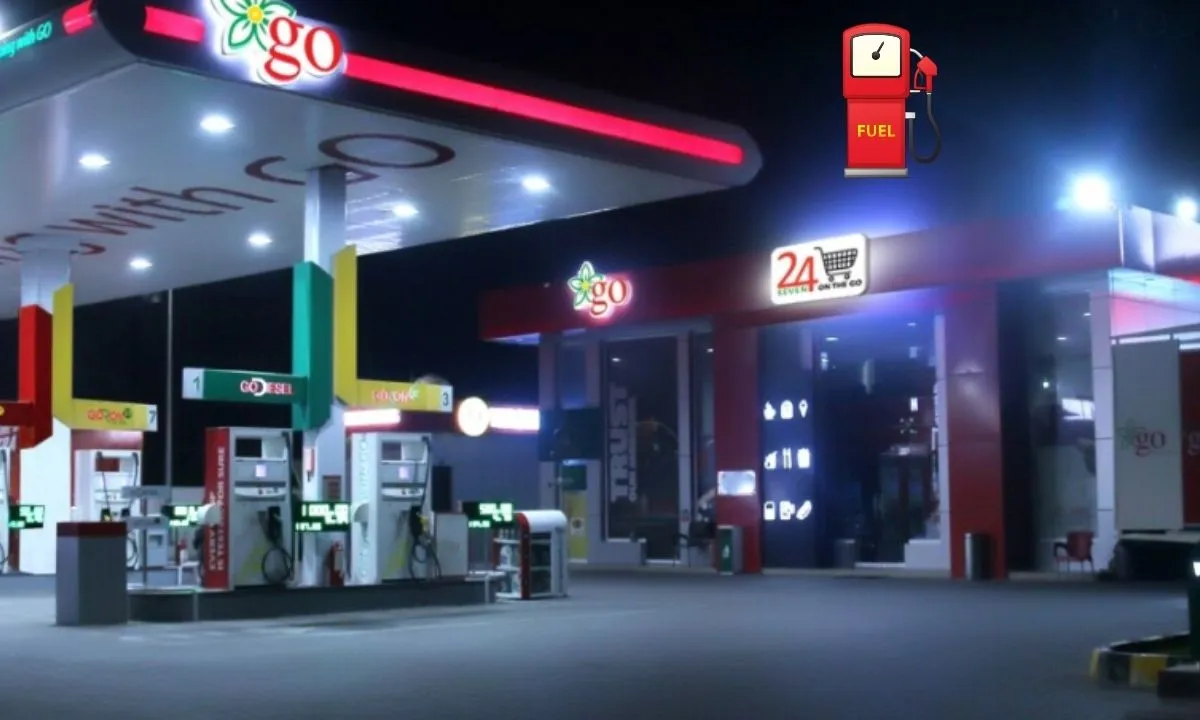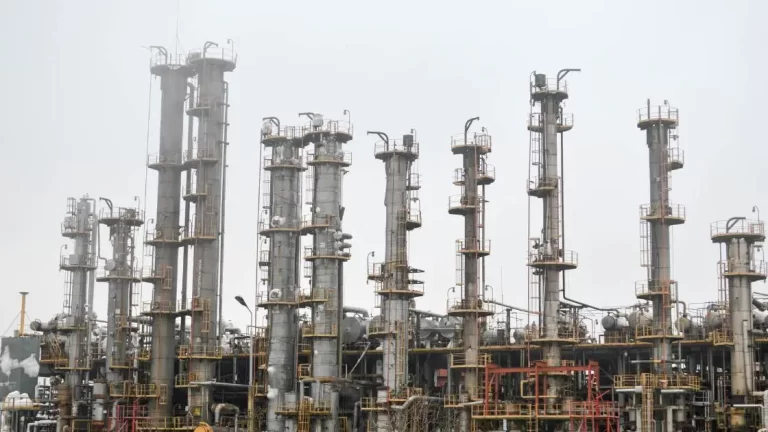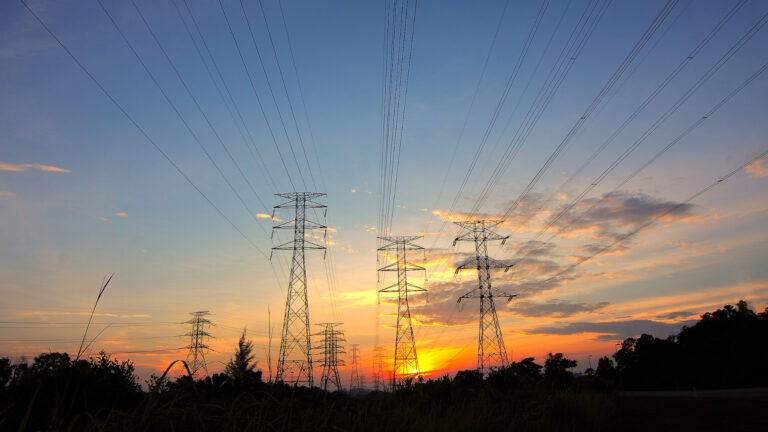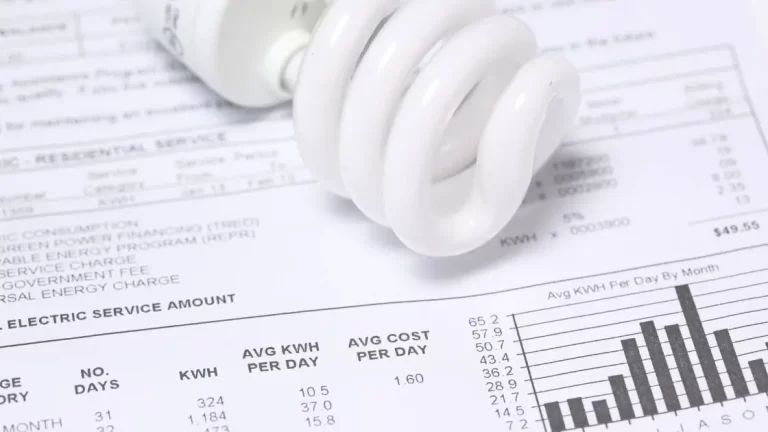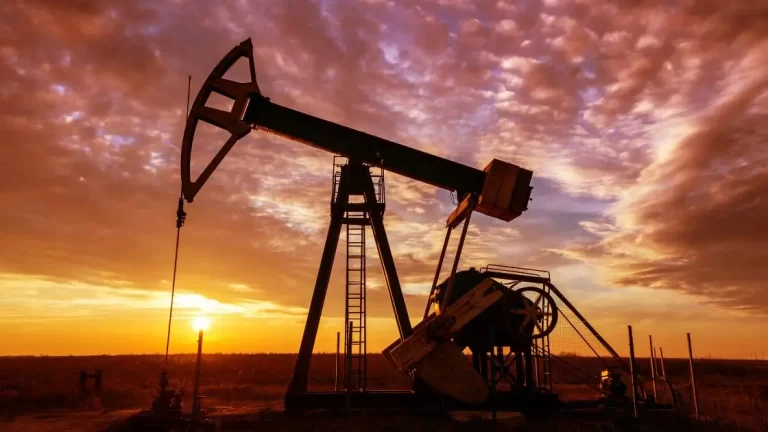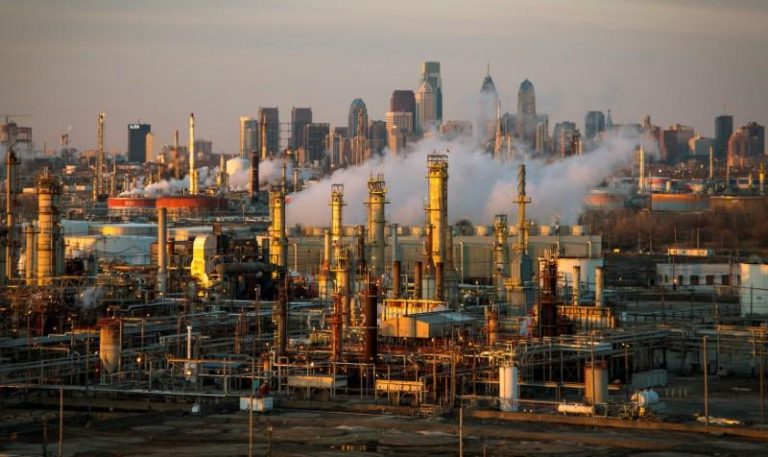Aramco-Backed GO Dumping Diesel to Eat PSO and Other Firms’ Market Share
Aramco-Backed Gas & Oil Dumping Petroleum Products, Violating Regulations in Pakistan
Staff Report
Gas & Oil Pakistan Ltd., backed by Saudi oil giant Aramco, has been accused of dumping petroleum products in Pakistan, causing harm to the local industry without benefiting consumers.
The industry regulator and concerned ministry have remained silent, but some government officials and Pakistan State Oil (PSO) are voicing concerns about unfair competition and the potential threat to key government-to-government (G2G) fuel supply deals.
Gas & Oil has been dumping significant quantities of petroleum products, particularly diesel, at petrol pumps across Pakistan.
Aramco recently completed the acquisition of a 40% equity stake in Gas & Oil, a move that was originally announced in late 2023. Gas & Oil has been sourcing petroleum products from Aramco and has introduced steep discounts, ranging from Rs4 to Rs10 per litre on High-Speed Diesel and Rs3 to Rs4 per litre on Motor Gasoline (petrol).
Gas & Oil is offering oil marketing companies the option to sell the product at a discounted rate and directly providing them margin.
However, these discounts have not resulted in meaningfully lower prices for consumers at petrol pumps and are instead adversely affecting the local oil marketing industry, especially the state-owned PSO.
It’s worth mentioning that the omc margin is only 7.65rs/ litre, which begs the question as to how or even why Gas & Oil is engaging in these practices to the detriment of the entire oil industry.
The fuel imports came after Gas & Oil secured permissions from the OGRA and the Government of Pakistan to import diesel, despite the fact that there was already sufficient supply available from refineries domestically.
This decision to allow imports has unnecessarily put additional pressure on the country’s foreign exchange reserves, raising concerns about the rationale behind granting such permissions.
Furthermore, Gas & Oil has been accused of engaging in questionable practices that might inflate its sales figures. The company is offering excessively high discounts on diesel and motor gasoline to showcase strong sales volumes.
Additionally, Gas & Oil is believed to be exploiting a loophole in inter-OMC (oil marketing company) sales by providing products as loans to other OMCs, thereby boosting its sales volume.
Concerns have also been raised about Gas & Oil’s attempts to cartelize key oil depots in Punjab, particularly at Mehmoodkot and Machike. The company allegedly wants to route all sales in the region as their own, thereby inflating their sales numbers. The motive behind such move is unknown.
Despite the ongoing controversy, the OGRA and the Ministry of Energy have refrained from taking any decisive action against Gas & Oil, citing securing the country’s supply chain.
However, their inaction is directly damaging the supply chains of the entire oil refining industry as well as PSO, as domestic diesel is in excess supply and Gas & Oil is flooding the market with imports.
This inaction has raised eyebrows among certain government officials and key industry participants.
Notably, PSO, which holds the leading position in the country’s oil marketing industry, has expressed strong dissatisfaction with the situation, citing concerns over the unfair competitive landscape and the impact on its operations.
Gas & Oil’s business tactics are inflicting significant losses on PSO, compelling the state-owned company to offer discounts to its dealers in an effort to prevent Gas & Oil’s products from flooding their sites.
The product dumping not only strains PSO’s financial performance but also disrupts the sale of its contractual imported diesel, sourced under a G2G agreement with Kuwait.
The ongoing situation could lead to serious miscommitments in this crucial G2G deal, further complicating PSO’s position and threatening the stability of Pakistan’s fuel supply chain.FIA to fix main OMCs involved in Oil Crisis 2020
In addition to potentially damaging the local petroleum industry, which cannot compete with these abnormal price cuts, product dumping can lead to a monopolistic scenario where smaller players are driven out of the market.
This consolidation of market power could result in decreased competition, ultimately leading to higher prices and reduced choices for consumers.


